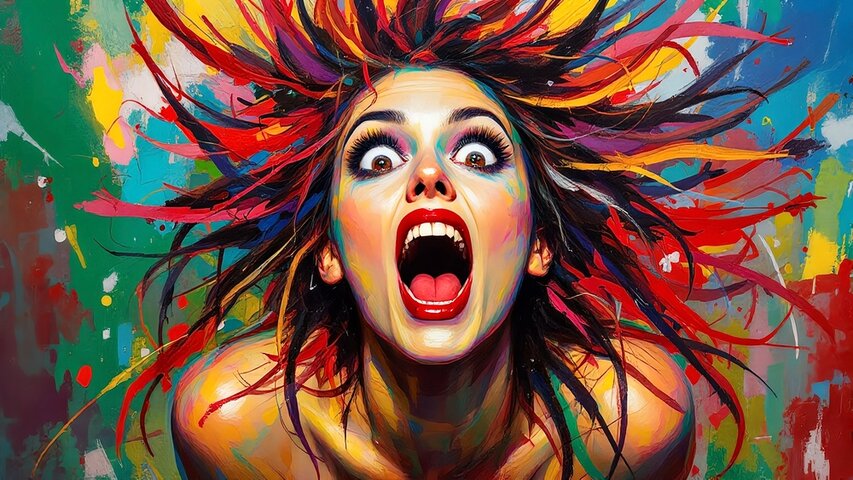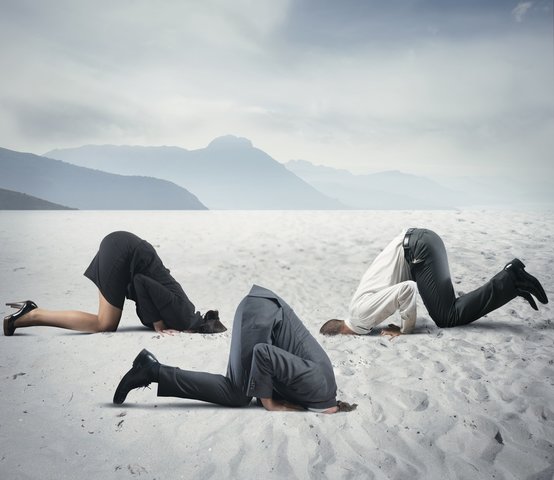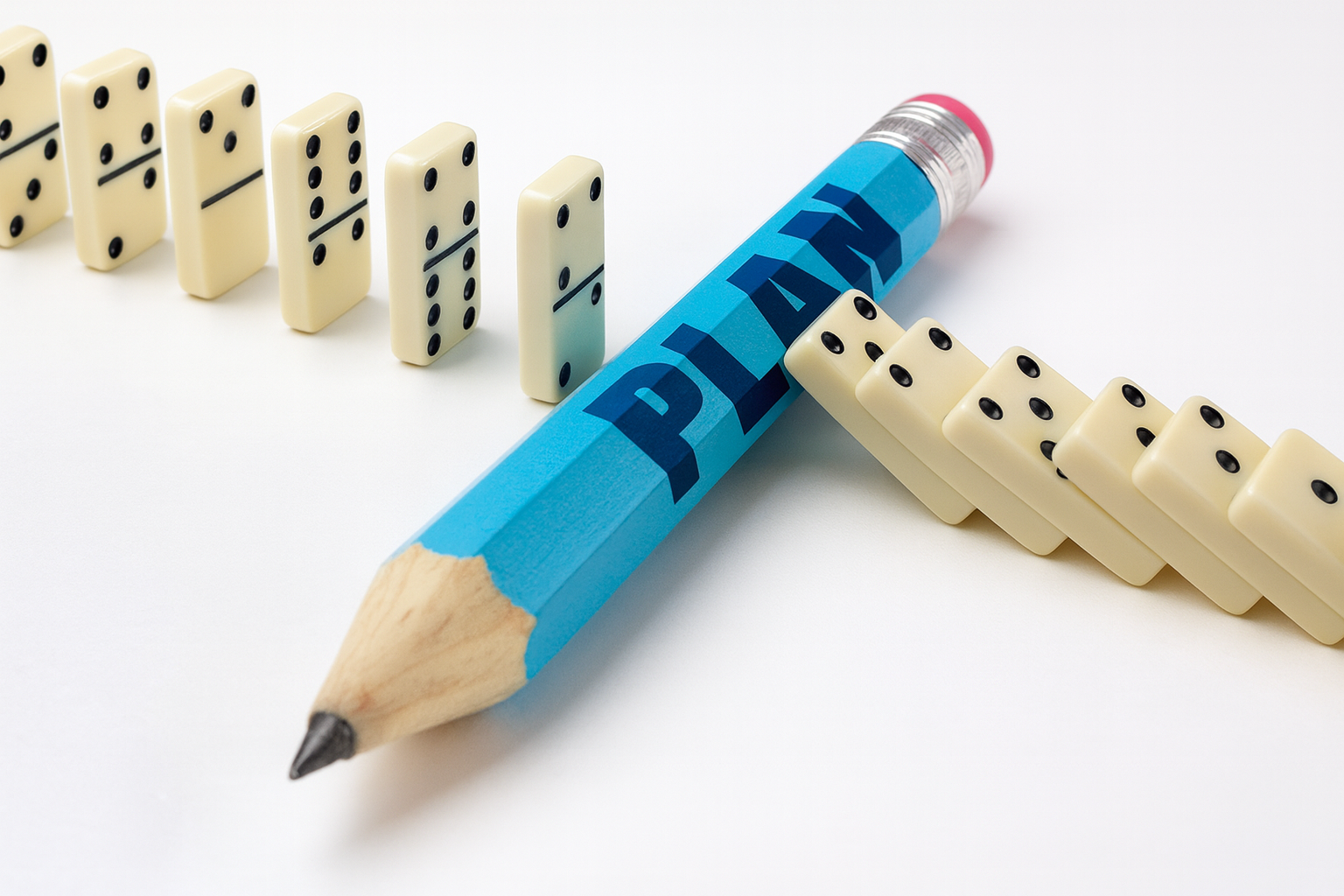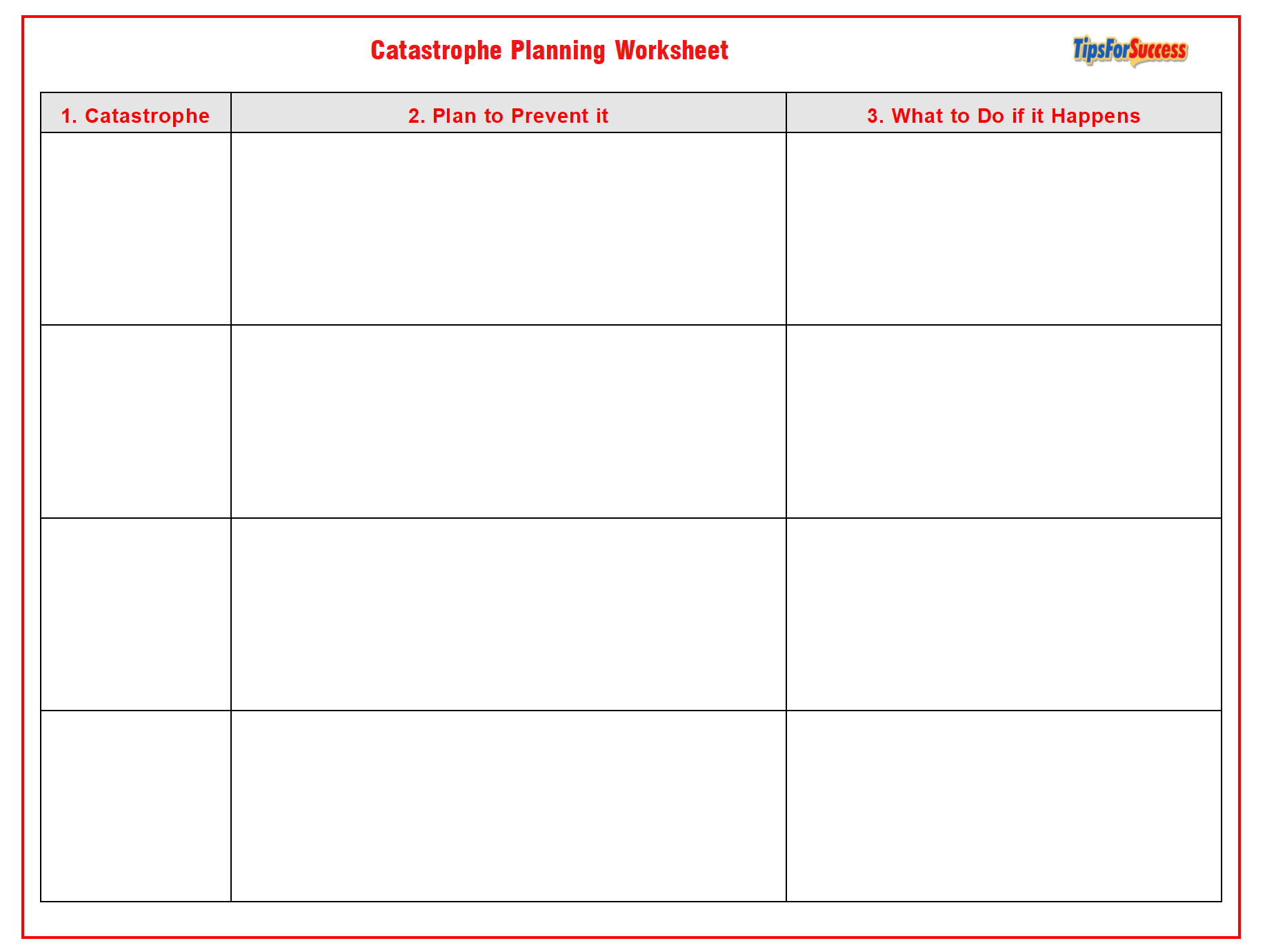How to Protect Yourself From Catastrophes
One of the most stressful aspects of managing your life, job or business are those darn SURPRISES.
For example, you are going along, believing everything is fine, then WHAM! Your son gets arrested. Your neighbor cuts down your tree. Your car is stolen.
Your bank account is hacked and emptied. Your doctor gives you some bad news. Your partner lies to you.
Any job can include surprising catastrophes. You get demoted or transferred. Your co-worker falsely accuses you of theft. The boss screams at you.
Odds are good you’ll be hit with several big surprises in your life. They stop your progress, slow down your production and hurt your success.
In this article, we describe a powerful solution you can use to actually PREVENT catastrophes. Actions you can take now to protect yourself from every disaster you can imagine. It’s magical!
Unfortunately, when catastrophes happen, most people make things worse with bad “solutions.”
Eight Bad “Solutions”
1. You Take Catastrophes Too Seriously
You believe your unexpected disasters are so important that when they happen, you stop succeeding or deliberately reduce your income. You become less aggressive, less intense or less passionate.
2. You Get Dramatic
Another bad approach is to become a victim or a coward. You cry, pout, worry, moan and groan. The problem then gets worse. In fact, you may seem to attract MORE catastrophes.
3. You Go Numb
When you are hit with a catastrophe, you might want to use drugs or alcohol to deaden your feelings. You say, “This is so horrible! I need a drink!”
You try to turn off the world. But to handle the disaster and then succeed, you must perceive and think with clarity, all the time.
4. Permanent Anxiety
Constantly worrying about potential disasters, problems and risks makes your life miserable. You spend so much time thinking about problems and catastrophes that you are blind to the opportunities that surround you.
You also lose sleep, make bad decisions and live in a world of negative emotion.
5. You Blame Others
When disaster strikes, you might point the finger at your spouse, your boss, your government or even “bad luck.” Blaming others may feel correct for a moment, but it leaves you powerless. If other people can ruin you, you can’t fix the problem.
6. You Pretend It Isn’t Happening
Some people simply ignore catastrophes, hoping they will go away. They refuse to open their mail, won’t answer the phone or avoid unhappy customers. But ignoring problems never makes them smaller. They usually grow into even bigger catastrophes.
7. You Overreact
Another mistake is to blow up your life over one catastrophe. You quit your job on the spot, throw away a friendship or walk away from your business. Yet catastrophes can be temporary — but big rash decisions can create permanent damage.
8. You Live in Past Disasters
Some people keep replaying their biggest catastrophes in their minds for months or years. They tell their victim story again and again to anyone who will listen. They use the catastrophe as an excuse for every failure that follows.
Instead of moving forward, they are stuck in regret and create a lifetime of misery from a single bad event.
So if these eight “solutions” actually make things worse for you, what should you do?
60 Examples of Catastrophes
Personal and Family Life
- A loved one is arrested
- Your spouse wants a divorce or separation
- A family member gets into drugs
- A parent develops dementia
- A family member gets seriously injured
- Death in the family
- Sudden pregnancy
- A relative needs to move in with you
- Your house catches fire
- Your home is burglarized
- A wildfire, flood, earthquake, or hurricane damages your home
- A pet runs away or gets hit by a car
- A family member suddenly hates you
- A friend breaks an important promise or betrays you
- A stalker or harasser targets you or your family
- You panic and make a terrible decision
Health and Body
- You are diagnosed with a serious illness
- You become disabled and can’t walk, see, hear, type or talk
- You are hospitalized suddenly
- You are in a car accident
- You have a stroke or heart attack
- You realize you are addicted to drugs or alcohol
Career and Job
- You are fired or demoted without warning
- A coworker files a false complaint about you
- Your boss yells at you in public
- You are accused of theft or fraud
Money and Finances
- Your credit card is hacked
- Your bank account is drained
- You get sued and lose your savings
- You are denied a loan you were counting on
- You are required to have a tax audit
- You can’t afford to pay a big loan payment and get a huge penalty
- Your identity is stolen
- You lose all your savings
- You get evicted
Vehicles and Travel
- Your car is stolen
- Your car breaks down far from home
- You are in a major car crash
- Your car won’t start the morning of a big meeting
- You get stranded while traveling
- Your luggage is lost with critical items inside
Technology and Online Life
- Your computer crashes and you lose all your files
- Your phone dies or is stolen
- Your social media account is hacked
- You accidentally delete an important document
- Your backups don’t work when you need them
- You get ripped off in an online scam
Business Ownership
- Your company fails
- Your license is revoked
- Your product or service gets terrible reviews
- A few key clients cancel their contracts
- A government inspector shows up unannounced
- A former employee sues you
- A competitor steals your customers
- Your best staff quit
- Your computer systems are hacked, your access is blocked or your records are hidden unless you pay a ransom
- A partner in your business embezzles money
- Your website goes offline, or all your records are stolen, and can’t be restored
- Your business is shut down by the city or county
- You are investigated by a government agency
Catastrophe Insurance
“A catastrophe occurs by lack of prediction of a possible circumstance. Those things planned for do not become catastrophes.” — L. Ron Hubbard
In other words, catastrophes do not happen if you see them coming and then plan to deal with them. You protect yourself by predicting and planning for them IN ADVANCE. Once you have a plan for handling every conceivable disaster surprise, you can relax. You are ready for anything.
If the catastrophe ever happens, you do not take it too seriously or overreact. You do not feel like a victim, suffer from permanent anxiety nor let it take over your thoughts.
Instead, you take command of the situation and resolve it with your plan. Your prosperity continues.
Three Steps to Protect Yourself with Catastrophe Insurance
At first, these three steps might seem like too much work. However, doing these steps now can save you years of damage in the future. Even a few simple steps, taken now, makes your life less stressful and more successful.
1. Make a list of all the catastrophes you expect may happen to you. Include everything that makes you worry. Small things, big things, anything you can think of.
2. Next to each item on your list, write a plan to prepare for it or even prevent it. What can you do now to be ready for the catastrophe? Some potential catastrophes require a single preparation step while others need a detailed, 20-step plan.
3. In a third column, write what you will do if the catastrophe actually happens. How will you handle it?
You can enlarge, print and use the worksheet below, or make your own.
Five Examples
1. The Presentation
Step 1: You sleep in and arrive late for your big presentation.
Step 2: You prepare by setting two alarm clocks, laying out your clothes, setting up the coffee maker and planning alternate transportation in case your car won’t start.
Step 3: If the worst happens, you’ll use your backup plan and still arrive on time. With everything ready, you fall asleep and wake up calm, confident, and on schedule.
2. Joe and His Wife
Step 1: Joe worries his wife will be very angry when she learns he quit his job.
Step 2: He prepares by planning how to explain his decision, rehearsing his words and thinking through her possible reactions.
Step 3: If she does get upset, he’s ready to calmly answer her concerns and keep the conversation constructive. Because he prepared, the talk goes smoothly and they plan his job search together.
3. The Flooded Basement
Step 1: The catastrophe is losing everything in a basement flood.
Step 2: You prepare by storing valuables in waterproof bins and keeping an emergency pump ready.
Step 3: When the river overflows and your basement starts to flood, you turn on your pump. You lose nothing while your unprepared neighbor loses thousands in valuable possessions.
4. The Lost Phone
Step 1: Roxanne loses her phone while traveling.
Step 2: She prepared by writing down her important logins on paper and carries them with her passport, and backing up her photos and documents to the cloud.
Step 3: If Roxanne’s phone is lost, she buys a cheap replacement, logs in to her apps and continues her trip without stress.
5. The Business Lawsuit Threat
Step 1: You own a small business. One of your former employees threatens to sue you.
Step 2: You are prepared by keeping your records accurate and organized, and having a lawyer ready to act.
Step 3: If the threat actually arrives, you quickly send your paperwork to your lawyer, who forwards it to the employee’s attorney. The case is dropped, and your business continues unharmed.
Four Tips
1. As you do this exercise, you may feel uncomfortable and nervous. This is normal! It shows you are facing important issues before they occur. Just keep working on it and you’ll feel terrific when you are finished.
2. After you finish, you will probably think of more things to add to your list. So keep it handy and constantly update it.
3. Each time you feel stressed or worried about a potential disaster, add it to your list. If it’s already on the list, simply add more preparation steps until you are no longer worried.
4. Review the list every few months. When you review old solutions, you think of new preventive steps and better solutions.
Biggest Benefit
“A catastrophe occurs by lack of prediction of a possible circumstance. Those things planned for do not become catastrophes.” — L. Ron Hubbard
That’s right! Because you have planned for the surprises on your list, they won’t happen to you. Most people don’t believe this is true. However, follow our recommendations and see for yourself.











